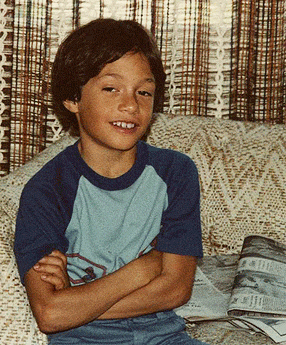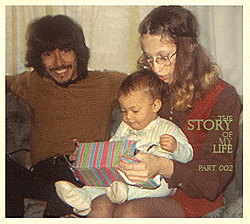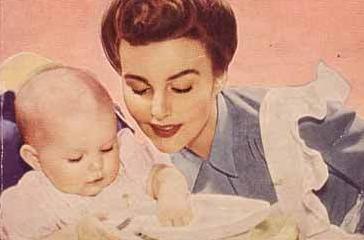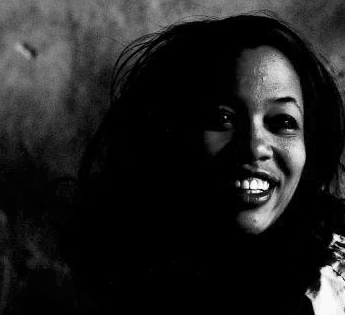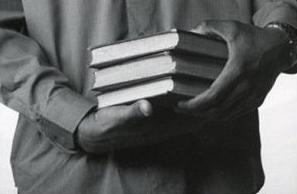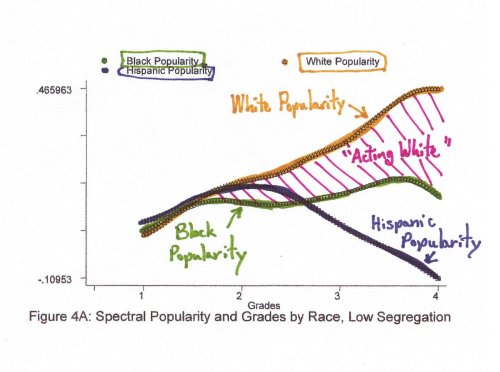
Howard Zinn (1922-2010) was an American professor and historian, best known for his book “A People’s History of the United States” (1980). It is not a story of presidents and generals but instead “a history disrespectful of governments and respectful of people’s movements of resistance.” He was to the left of Mao and proud of it.
He did not just teach history, he took part in it, like marching at Selma and hiding the Pentagon Papers. He was brave, doing what was right even though it meant that Spelman fired him and the Boston police beat him.
He grew up in the poor parts of Brooklyn. When the Second World War came he joined the Air Force to fight the good war against Hitler and fascism. He bombed towns in France and Germany. From his plane, six miles up in the sky, he could not hear the screams or see the blood.
 He came home and went to university on the G.I. Bill. There he read John Hersey’s “Hiroshima” (1946) and began to think about the people he killed, many of them children. He began to see that America was an empire no different from all the other empires in history.
He came home and went to university on the G.I. Bill. There he read John Hersey’s “Hiroshima” (1946) and began to think about the people he killed, many of them children. He began to see that America was an empire no different from all the other empires in history.
In 1956 he became a history professor at Spelman College. He found himself teaching American history to black women from books that said little about blacks. He began to question the way American history was taught.
Then came the civil rights movement, the fight for equal rights for blacks. He joined SNCC and the sit-ins. He urged his students to protest too. Spelman fired him. Writer Alice Walker, one of his students, puts it this way:
Well, he was thrown out because he loved us, and he showed that love by just being with us. He loved his students. He didn’t see why we should be second-class citizens. He didn’t see why we shouldn’t be able to eat where we wanted to and sleep where we wanted to and be with the people we wanted to be with. And so, he was with us. He didn’t stay back, you know, in his tower there at the school. And so, he was a subversive in that situation.
In 1964 he went to Boston University where he taught till he retired in 1988. There he took part in the protests against the Vietnam War and became friends with Noam Chomsky.
In 1971 Daniel Ellsberg gave him one of his copies of the Pentagon Papers, which held the government’s secrets about the Vietnam War. The big secret was that it knew the war was hopeless but lied to the people about it. Zinn found out that the war was not about freedom and democracy but about tin, rubber and oil. America in the 1960s, it turned out, was no different than Japan in the 1940s.
In 1980 he came out with “A People’s History of the United States”. The first printing was only 4,000 copies, but in 2003 the millionth copy was sold! The latest, and now last, revision comes out in July 2010.
See also:
- Howard Zinn: Against Discouragement – a beautiful speech he gave at Spelman to the graduating class of 2005.
- Chomsky
- Staceyann Chin reads Las Casas on the Spanish genocide of Hispaniola – you can hear him at the beginning of this video
- Haiti: a brief history – partly based on his history.
- The best American writers live north of 110th Street – I would not call him one of the best American writers, but he did live north of 110th Street from 1952 to 1956 and has the very mindset I talk about in that post. In particular he did not believe in:
- Stuff I Might Like
